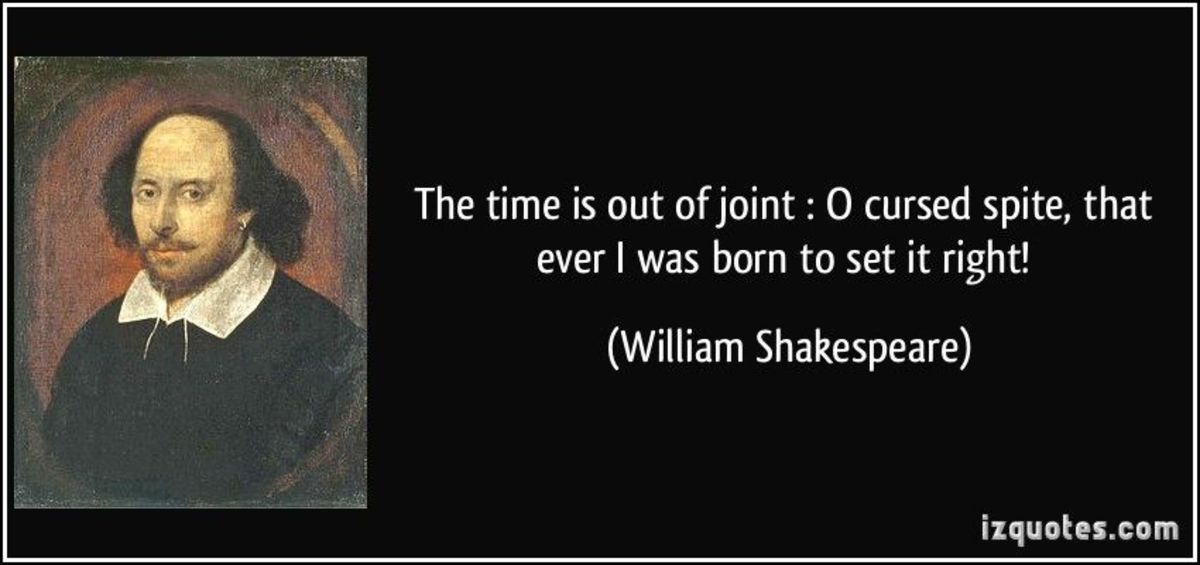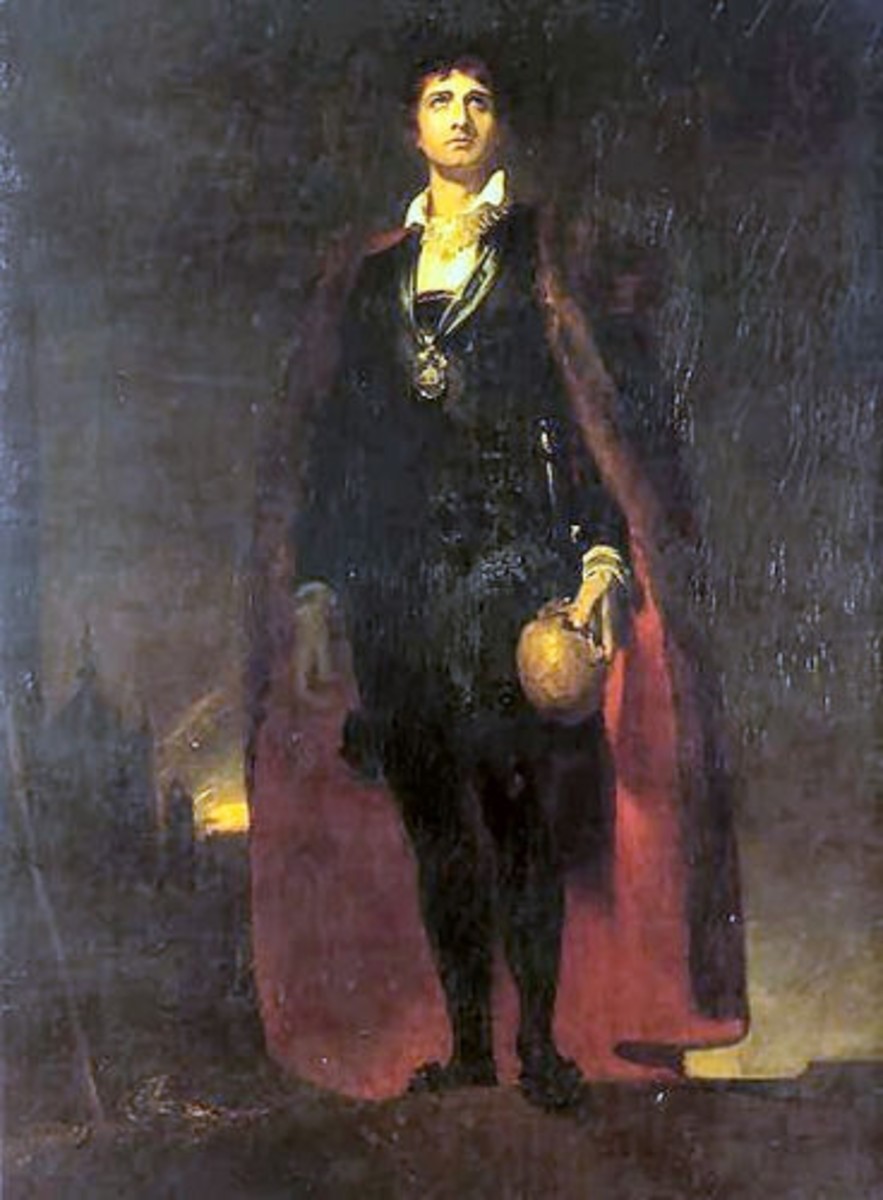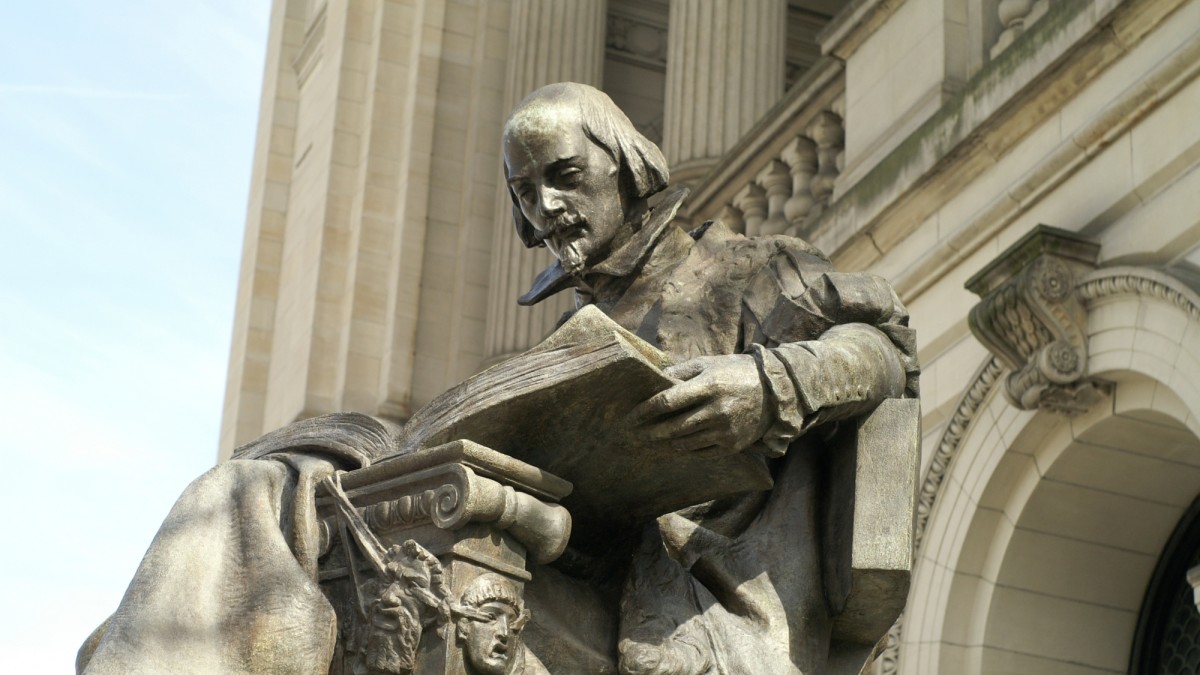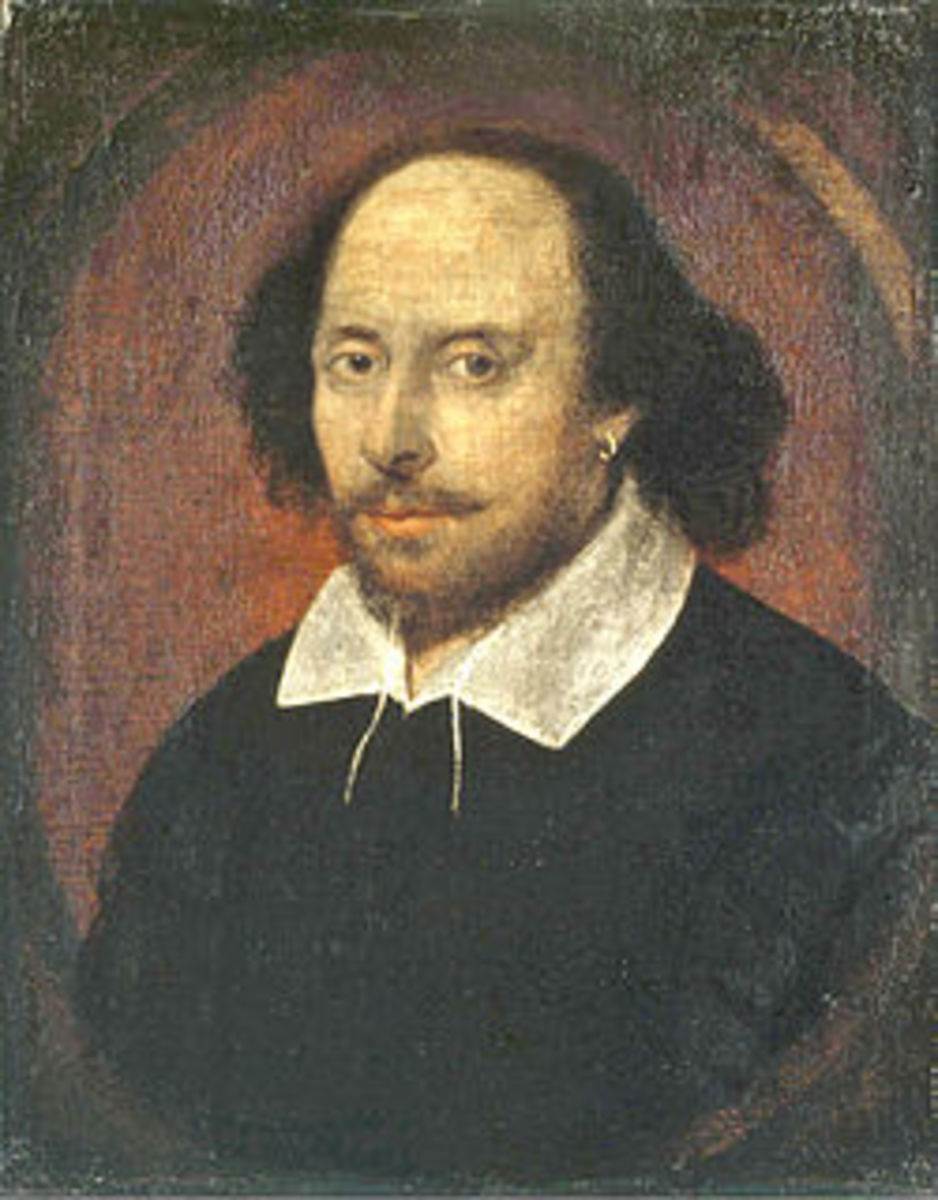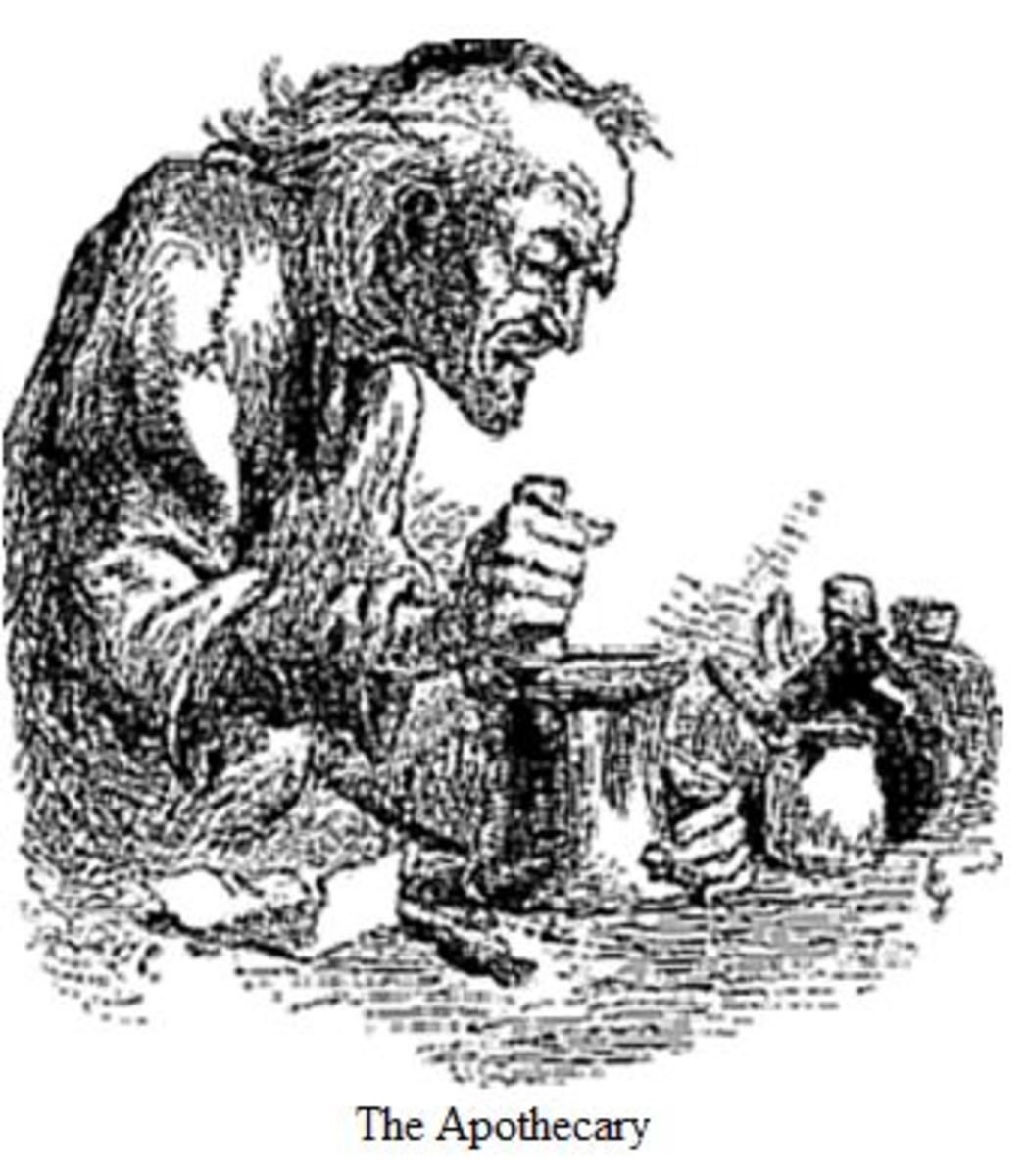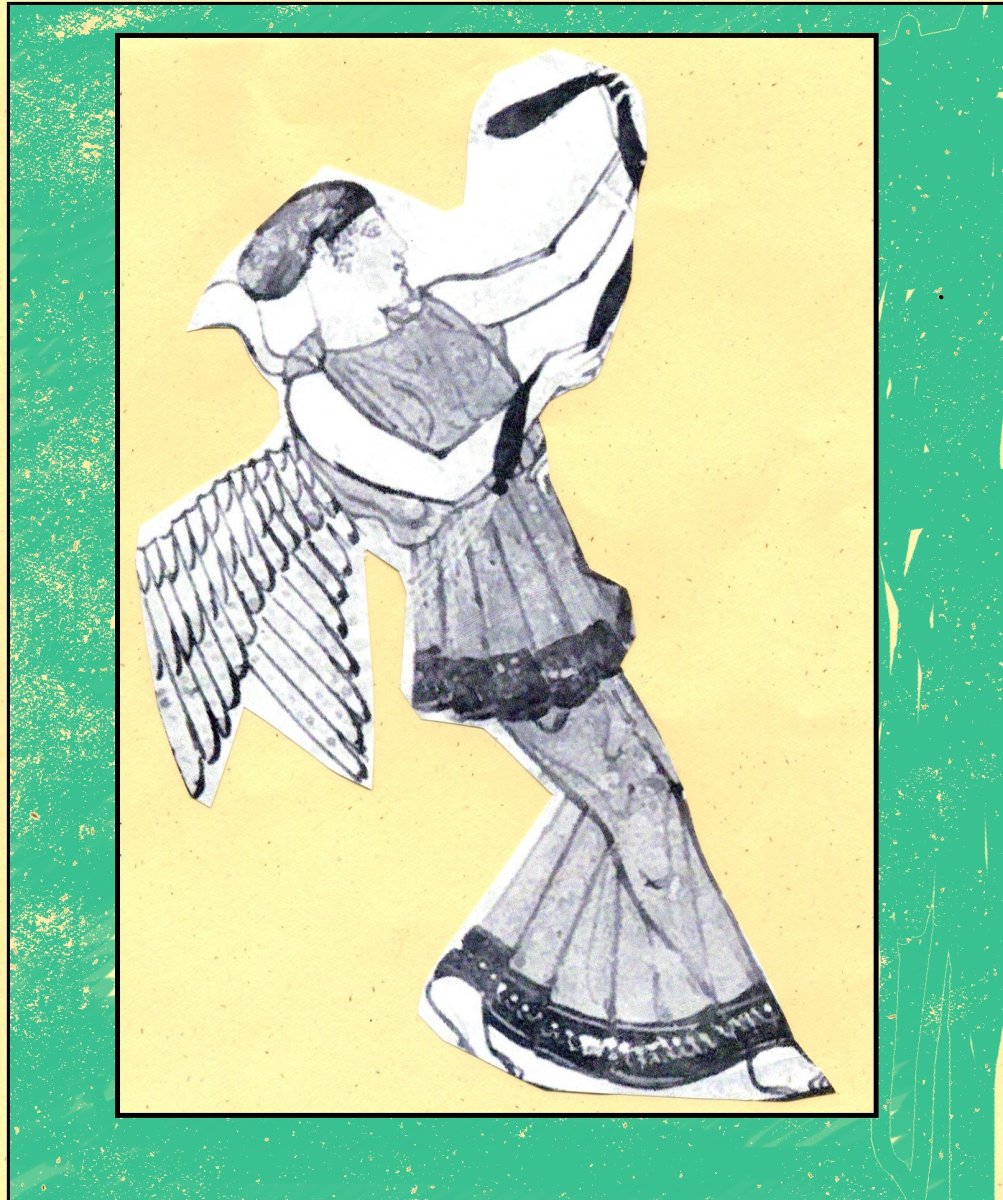Hamlet: An Examination of A Troubled Mind Part III
This is a continuation of an examination essay of the mental character of Hamlet of William Shakespeare's famous tragedy Hamlet. You can Read Part II Here
Characters of Hamlet
King Hamlet - the murdered King and young Hamlet's father
Queen Gertrude - King Hamlet's widow and mother to young Hamlet
King Claudius - the brother of King Hamlet who marries Gertrude
Hamlet - Prince of Denmark and "tragic hero"
Horatio - Hamlet's friend
Polonius - friend to the royal family, mostly Claudius
Ophelia - daughter of Polonius and Hamlet's lover
Laertes - son of Polonius
Through his own doubling-back of uncertainty, Hamlet devised a test to appeal to the theory of the ghost: that Claudius poisoned the king and Queen Gertrude been Claudius’s cohort. After arranging a play which depicted the supposed incident, Hamlet’s suspicions were confirmed during which the guilt was observed, written plainly upon their faces. He cornered his mother in her chambers to confront her on the matter, and, while convinced that the king was hidden and spying on them from behind a curtain, leapt on the drapes, driving his dagger into scout. As the mass falls it is revealed that it was not the King, but instead the father of Hamlet’s lover.

“To be, or not to be - that is the question.” (III.i.64)
A common quandary which scholars have puzzled upon during their studies of Hamlet over the centuries is our hero’s procrastination in carrying out the wishes of the ghost. While at first, in the very first act, he mutters to himself, “I doubt some foul play,” (I.iii.278) in regards to his father’s death, prior to speaking with the apparition. Even so, he questions the validity that the ghost was in fact that of his father, and makes arrangements to test the accusation. Though, as the play continues on, and the ghost reappears, any doubts as to the authenticity of it dissolve, and Hamlet floats along in pure conviction.
In his piece, On Repression in Hamlet, Sigmund Freud writes about Shakespeare’s life during this time, commenting that not only was the play compiled just after his son died, but just after the death of his father as well. He explains the character of Hamlet through the analysis of Shakespeare’s background:
“Just as all neurotic symptoms, like dreams themselves, are capable of hyper-interpretation, and even require such hyper-interpretation before they become perfectly intelligible, so every genuine poetical creation must have proceeded from more than one motive, more than one impulse in the mind of the poet, and must admit of more than one interpretation.” Sigmund Freud (1856-1939) On Repression in Hamlet
In this essay, he examines Hamlet’s hesitation in killing Claudius. Freud concludes that it is because Hamlet had in some way resented his father, and being that he not only had been killed, but been murdered, something Freud suggests was a childhood dream of the prince, he is reluctant to return the favor.
Also fitting more known Freudian theory that every child’s desire is for the parent of the opposite sex, Hamlet is confused when his father is out of the way, though another takes his place. Again, revisiting Act I, Hamlet is curt to Cornelius, yet obedient to his mother.
In marrying Hamlet’s uncle, he sees his mother for the aging woman that she is, which taints his view, love and want of her, and she becomes wicked in his eyes (according to Freud). Understanding this transition of his mother, if this theory is accurate, then it is easy to comprehend how his mother could represent all women to him, being that she is the first woman to Hamlet. The connection is simple as to how so suddenly he turned so sour towards his lover, Ophelia, as his actions are just as sharp directed at her as they are towards his own mother before, during, and after the play.
What Would Freud Say!
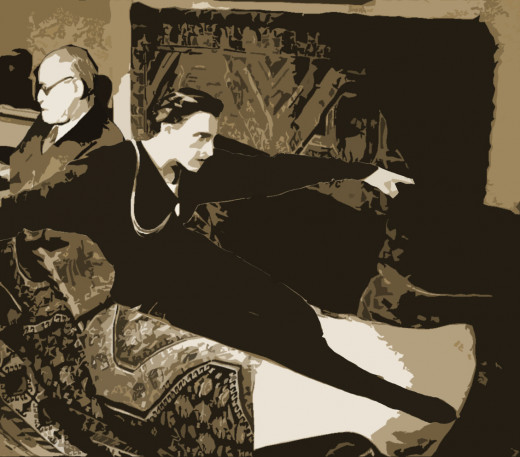
"To Be Or Not To Be" Soliloquy

Guilt and Resentment
While his inwardly loathing towards his mother due to subconscious adolescent desires grows, its tendrils intertwine with the more blatant and themed issue.
More evidence of his grief becomes apparent as he contemplates death, life, and what reality is, or whether he should even be alive at all. In his unstable mentality, he produces his famous monologue, “To Be, or Not to Be,” and allows the simplicity of taking his own life mull through his mind.
While philosophical and clearly an expression of Shakespeare’s own ponderings relating to mortality (as he wrote, surrounded by death), these are not the musings of a stable man after such hardships.
As mentioned before, Hamlet’s anger and mistreatment of Ophelia blossomed into full bloom during the play (which he had chosen to test the guilt of his father-uncle), before and during which he made snide and rude remarks towards her, implying that she was improper, loudly, to which she replied obediently, “I think nothing, my lord.” (III.ii.124)
Outwardly, this could be a reflection of the hurt he felt toward her rejection after her father’s wishes, or could be a symptom of his supposed feigned madness. Though should his anger toward his mother be projected upon all womanly kind, then this shows more into the broken mind during his torment of the woman he confesses later that he loved.
Soon after the play, meeting his mother in her chambers, the ghost returns to Hamlet, and speaks to him. While having already killed Polonius who spied on him and his mother from behind a curtain, and forced his mother to listen, realize, and admit to the audacities which occurred within the family, Hamlet is the only one to witness the ghost. He conversed briefly with the ghost, while his mother watched in shocked horror and gasped, “Alas, He’s mad.” (III.iv.121)
QUEEN: “To whom do you speak?”
HAMLET: “Do you see nothing there?”
QUEEN: “Nothing at all; yet all that is I see.”
HAMLET: “Nor did you nothing hear?”
QUEEN: “No, nothing but ourselves.”
HAMLET: “Why, look you are there, look how it steals away!
My father in his habit as he lived!
Look where he goes even now out at the portal!”
QUEEN: “This is the very coinage of your brain
This bodiless creation ecstasy
Is very cunning in.”
(III.iv.149-159)
The ghost returning at the time when Hamlet confronts his mother about his accusations might very well be another mental play on desired wishes. In all the play, this is the first time he finds himself alone with his mother, and in such a unique situation, desires for their former family life could conjured the paternal image in Hamlet’s eye, thus explaining why the queen saw nothing.
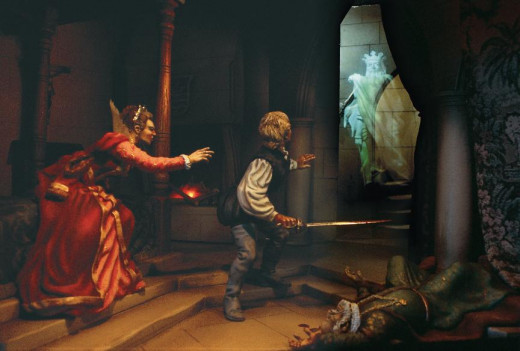
Citation
Shakespeare, William. Hamlet. Editor Mowat, Barbara A. and Werstine, Paul. New York, NY. Simon & Schuster Paperbacks. 2012. Print.
Gerlach, Peter K. MSW. www.sfhelp.com. http://sfhelp.org/grief/symptoms.htm. 30 April 2013. Web. 15 Oct. 2014
Chen, Yi-Chi. Pregnant with Madness: Ophelia’s Struggle With Madness in Hamlet.www.benz.edu. http://benz.nchu.edu.tw/~intergrams/intergrams/112/112-cyc.pdf. Web. 15 Oct. 2014
Montgomery Byles, Joanna. Shakespeare and Psychoanalysis: Tragic Alternatives: Eros and the Superego Revenge in Hamlet. www.PsyArtJournal.com.http://www.psyartjournal.com/article/show/montgomery_byles-shakespeare_and_psychoanalysis_tragic_al. 25 Aug 2005. Web. 15 Oct 2014.
Noel, Brook. The Physical and Emotional Steps of Grief. www.griefsteps.comhttp://www.funeralplan.com/griefsupport/griefsteps.html. 2003. Web. 15 Oct. 2014
Freud, Sigmund. On Repression in Hamlet. www.producer.csi.edu.http://producer.csi.edu/cdraney/archive-courses/fall09/175/etexts/repression-hamlet_freud.pdf. 1900. Web. 15 Oct 2014
Shakespeare and Freudian Theory Hamlet and Titus. www.classicsnetworks.com.http://classicsnetwork.com/essays/shakespeare-and-freudian-theory-hamlet/216.
Clarke, Richard L. W.. Sigmund Freud: “Psychopathic Characteristics on Stage”.www.rlclarke.net. http://www.rlwclarke.net/courses/LITS3303/2010-2011/06AFreud,PsychopathicCharactersontheStage.pdf. Web. 15 Oct 2014

